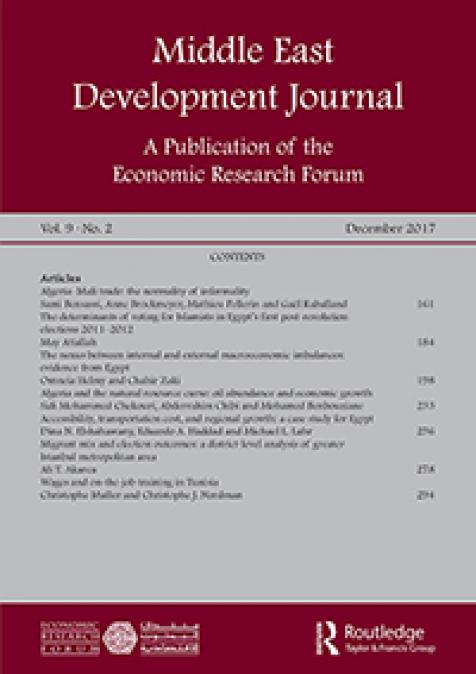State of the Global Economy and its Implication for Emerging Market Economies
Chair
- Karim El Aynaoui, Executive President, Policy Center for the New South (PCNS)
Discussants
- Erik Berglof, Chief Economist, Asian Infrastructure Investment Bank (AIIB)
- Roberto de Ocampo, Chairman and CEO, Philippine Veterans Bank
- Roberto de Oliveira Campos Neto, Governor, Central Bank of Brazil
- Jean Daniel Gerber, Chairman of the Board, Swiss Investment Fund Emerging Markets (SIFEM)
- Indermit Gill, Chief Economist and Senior Vice President for Development Economics, World Bank Group
- Nialé Kaba, Minister of Planning and Development of Cote d’Ivoire
- Haruhiko Kuroda, Former Governor, Bank of Japan (BoJ) - Online
- Mustapha Nabli, CEO, North Africa Bureau of Economic Studies (NABES)










